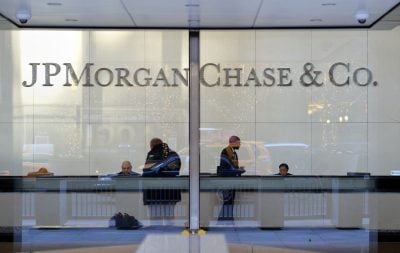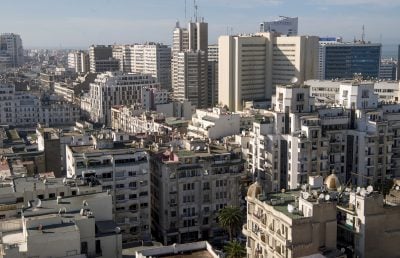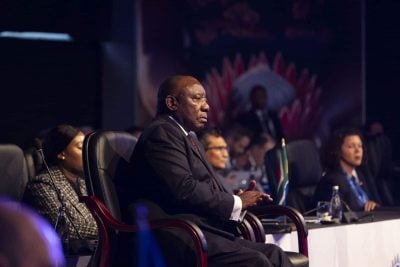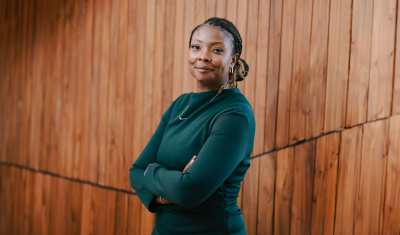The struggling global economy has affected global startup funding badly, with a noticeable year-on-year decline of 55% in Q3 2022 compared to Q3 2021.
However, African startups managed to sustain their upwards trend as they accumulated more than $4.85bn by the end of December, a 4.75% increase from the same period last year.
Max Cuvellier, the co-founder of startup database Africa The Big Deal, said that 2022 funding will eventually exceed $5bn given that December 31st roundups are always underestimated.
Although the growth is not as astonishing as in previous years – from 2020 to 2021, investment grew by 120% – 2022 is still another record-breaking year for the continent in terms of the amount raised, number of deals and number of investors.
The “Big Four” – Nigeria, Kenya, Egypt, and South Africa – remain preferred destinations for investors, with all exceeding $500m in funds raised in 2022.
Ghanaian, Algerian, Tunisian, and Senegalese startups have seen a sudden rise in funding, attracting $390m, $151m, $119m, and $112m respectively.
West African startups lead the regional picture, accounting for $1.8bn in funding, although Nigerian startups represent almost 70% of it.
Eastern and Northern Africa follow closely, with $1.2bn and $1.1bn respectively, while Southern and Central Africa lag, accounting for only 12.5% ($600m) and 1% ($50m) of the continent’s total funding in 2022.
Fintech is the leading sector in Africa, accounting for 37% of total funding and more than 40% of funds received by three of the Big Four.
Kenya received far more investment in the energy sector than in fintech, with a major contributor being the solar system provider startup Sun King, which concluded Africa’s largest 2022 deal at $260m last April in a Series-D funding led by General Atlantic’s BeyondNetZero and M&G Investments.
Another popular sector is logistics and transport, which has been boosted by the multiplication of ride-hailing and food delivery startups such as Yassir – an Algerian on-demand service app founded by Silicon Valley-trained Noureddine Tayebi – which raised $150m in a Series B funding last November.
For a consecutive year, Launch Africa, a Mauritius-based venture capital fund, was the most active investor on the continent, with 60 deals worth at least $100,000, representing more than one deal a week on average.
The American tech giant Google supplied equity-free funding of $4m to 60 African early-stage startups through its Black Founders Fund for the second year running, with Nigerian startups making up a third of the California tech giant’s 2022 cohort.
The Government of Canada is a newcomer in this year’s top 10 investor ranking, having secured 20 deals throughout the year.
Last January, FinDev Canada – Canada’s development finance institution – pumped $13m into the Energy Entrepreneurs Growth Fund (EEGF) which invests in early and growth-stage energy startups in sub-Saharan Africa.
Funding going to female-founded and female-led startups this year remained low. Only 2.4% of funding (24 deals) were raised by a female-only team and 85% (486 deals) by a male-only team.
In total, 4% of African startups’ CEOs are women. However, an acknowledgement that women should play a bigger role in Africa’s startup ecosystem is growing.
Last February, South African fund FIVE35 Ventures said it was seeking to raise $30m over the next three years to invest in women-led startups.
Want to continue reading? Subscribe today.
You've read all your free articles for this month! Subscribe now to enjoy full access to our content.
Digital Monthly
£8.00 / month
Receive full unlimited access to our articles, opinions, podcasts and more.
Digital Yearly
£70.00 / year
Our best value offer - save £26 and gain access to all of our digital content for an entire year!
 Sign in with Google
Sign in with Google 



